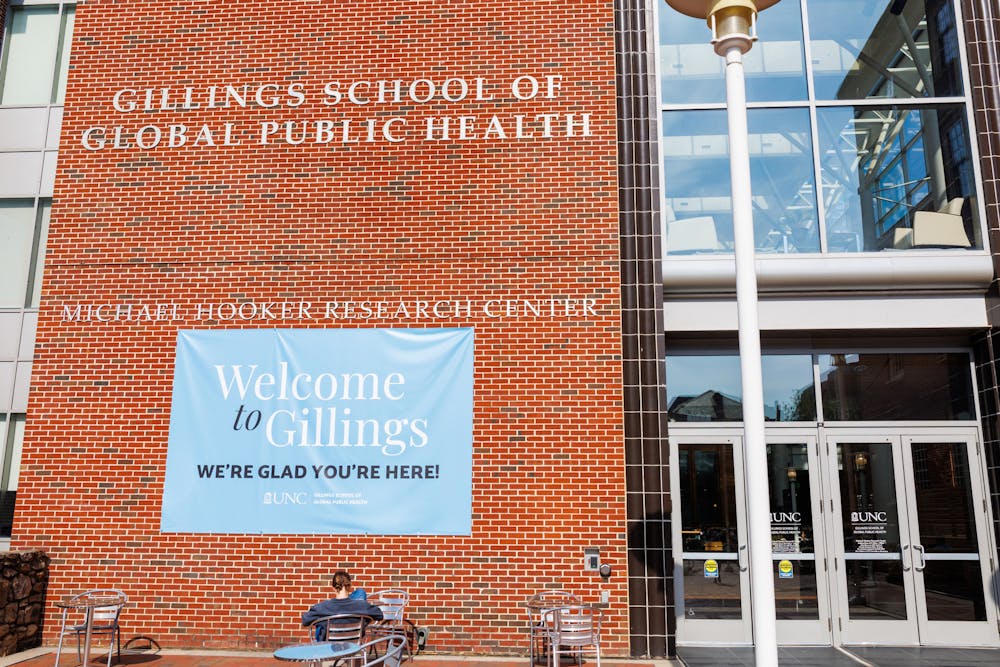UNC will take part in clinical research sponsored by the National Institutes of Health evaluating treatments for long COVID over a six-month period, according to an Aug. 1 announcement.
This summer, the University was selected to participate in the NIH's Researching COVID to Enhance Recovery (RECOVER) Initiative. Through the program, UNC researchers will conduct a series of trials over a six-month period in part of a national study exploring long COVID and the viral persistence of SARS-CoV-2.
Long COVID is a broad term describing changes to an individual’s health that are persistent after a COVID-19 diagnosis. Common symptoms of long COVID include fatigue, breathing difficulties and impaired memory retention.
The RECOVER Initiative has sites across the country evaluating the symptoms, treatments and effects of long COVID.
John Baratta, assistant professor in the School of Medicine, is the co-director and founder of the UNC COVID Recovery Clinic. He said the first clinical trial at UNC will test the effectiveness of an antiviral drug known as Paxlovid on long COVID symptoms.
“We are familiar with Paxlovid as a treatment for acute COVID infections,” Baratta said. “It works very well at reducing the severity of acute COVID and minimizing the progression of COVID cases to needing hospitalization.”
Rather than investigating acute COVID-19 patients — those with more severe symptoms during exposure — Baratta said the UNC study will research the effects of Paxlovid on long COVID patients. The study will deliver longer dose regimens of the Pfizer drug to participants to determine whether the medication is effective for mitigating long COVID symptoms.
Even though the COVID-19 pandemic has been ongoing for over three years, Baratta said in an email that lingering symptoms can be a common, yet under-recognized, condition limiting an individual’s quality of life in both school and work.
“We still don't have much hard evidence to point to, or what types of treatment approaches would be effective,” Baratta said. “I'm hoping that this new series of studies gives us evidence and a path forward for people who could be affected.”



